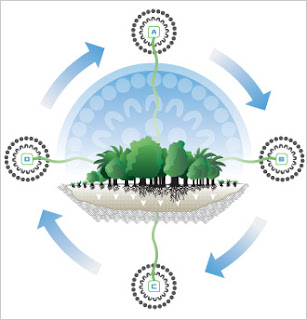
Education is a social process. Society uses education as a means of socialization of its future generation. It also uses education as a means of preserving and transmitting its culture. Education is also a part of the plan of future development of a society. Society uses education as a means to develop its life standard and to make its life more comfortable. Society establishes and protects education for this purpose. It also influences the type of education given in the schools. Society also influences the curriculum implemented in the educational institutions. All the societies are integrated in the form of a state and the education is based on the policy of a states. State has become a legitimate organization for looking after the welfare of people living inside its territory. As a large organization of societies, states uses education as the planning of future.
Although state makes a plan to provide educational opportunity to all of its citizens without any discrimination, but there are many factors which hinders the access of education of the various groups of society. Many groups of society are not able to adequately enjoy the educational opportunities provided to them because of various reasons.
The state should have to adopt a special social policy for education of the child mainly of the deprived groups. Apart from providing all an equitable chance to education, society wants to propagate some idea among its member. This also becomes a part of social policy. The main policies of a society in modern times are as fallows:
- Equal for disadvantaged
- Equal for delinquents
- Equal for national integration
- Equal for international understanding







